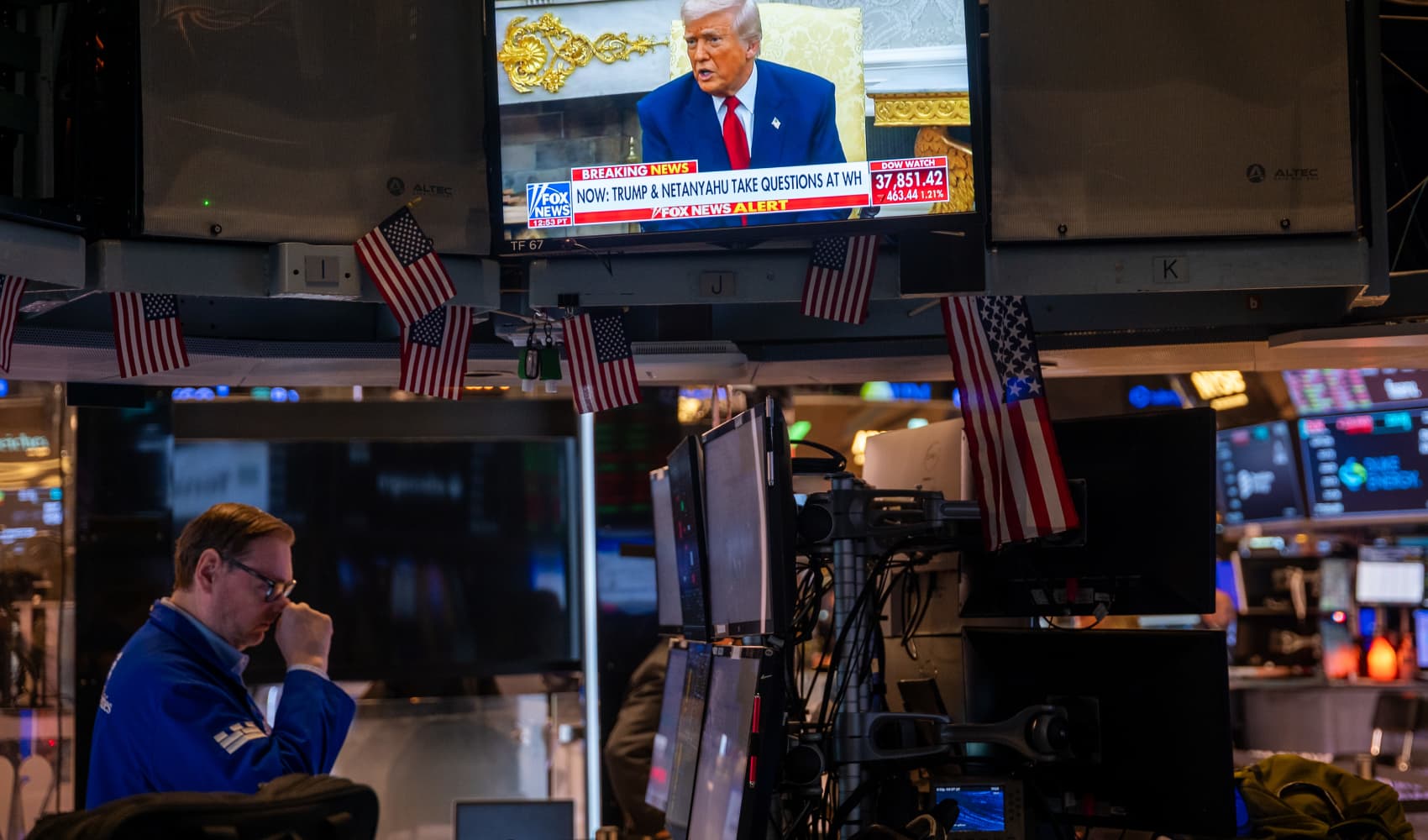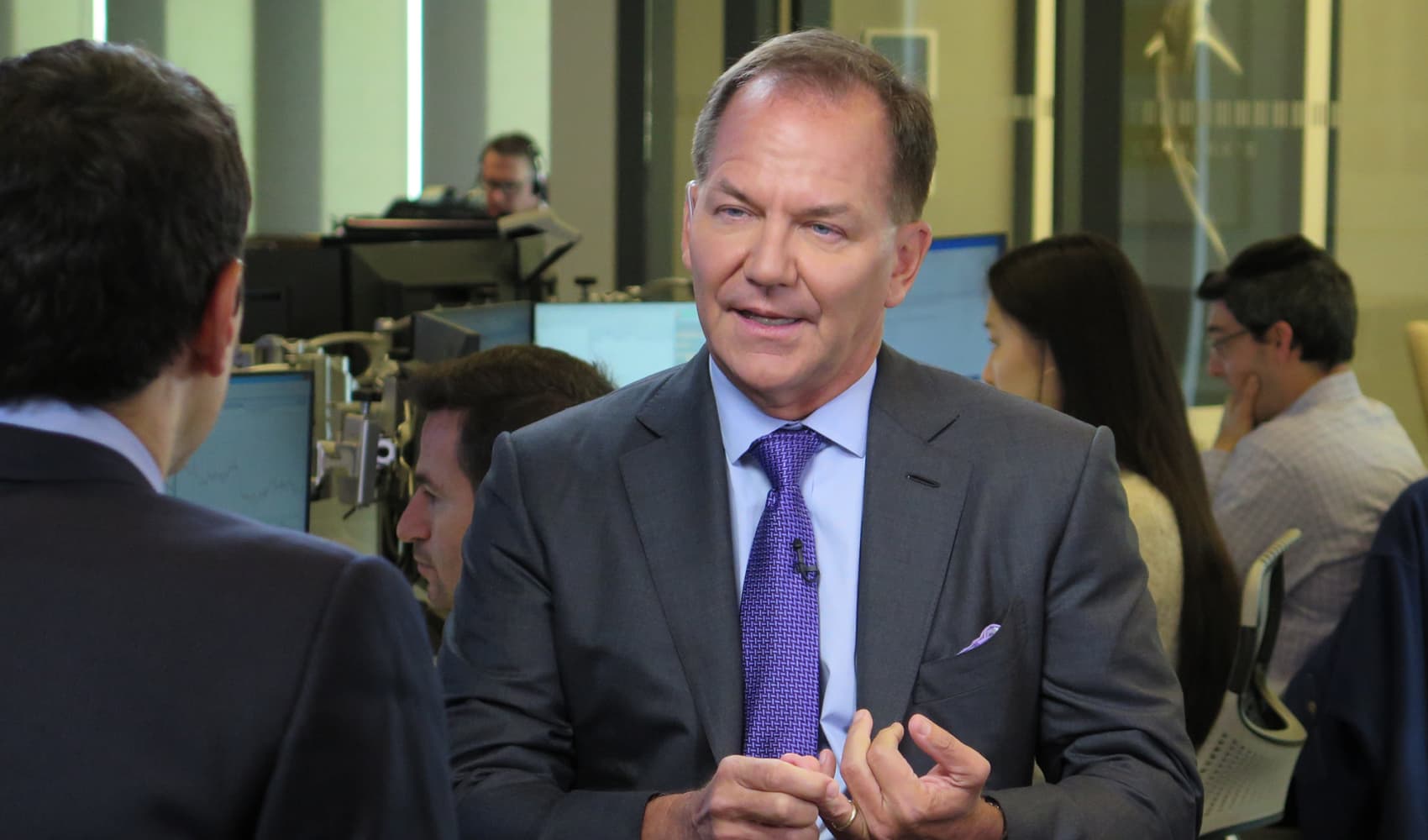Trump's First 100 Days: Worse Than Nixon for Stocks?
Trump's Rocky Start: Echoes of Nixon in the Stock Market?
Introduction: A Worrying Parallel?
Remember the roaring twenties, the go-go eighties, the dot-com boom? Everyone loves a good stock market rally when a new president takes office. It feels like a fresh start, a vote of confidence in the future. But what happens when the honeymoon ends before it even begins? What happens when, instead of fireworks, we get… a fizzle? According to some analysts, President Donald Trump’s initial days in office presented a stark contrast to historical trends, with the stock market performing worse than any new president since Richard Nixon's tumultuous second term. Ouch.
The Numbers Don't Lie: A Disappointing Start
Let's get straight to the numbers. The S&P 500, a key barometer of stock market health, saw a troubling 7.9% drop from Trump's inauguration on January 20th through April 25th, according to CFRA Research. Think about that for a second. Almost 8%! That's not exactly the "Make America Great Again" vibe many were hoping for, at least not in the financial markets.
Nixon's Ghost: A Spooky Comparison
Why is this significant? Because it's the second-worst performance for a president's first 100 days since… Nixon's second term in 1973. Now, we all know how that ended. Nixon's second term wasn't exactly a basket of roses, was it? The S&P 500 plummeted 9.9% during Nixon's initial 100 days of his second term. Is this a sign of similar turmoil to come?
Historical Context: What's "Normal"?
To put this into perspective, CFRA's data, which spans from 1944 to 2020, reveals that the S&P 500 *typically* rises by an average of 2.1% during a president's first 100 days. So, Trump's 7.9% *drop*? Yeah, that's quite a deviation from the norm. It makes you wonder what went wrong.
Why the Drop? Tracing the Roots of Investor Anxiety
Uncertainty in Policy
Markets hate uncertainty more than anything else. During Trump’s first 100 days, there was a lot of head-scratching about specific policies. Remember the talk about infrastructure spending? Tax cuts? Healthcare reform? While the promises were grand, the details were often vague, leaving investors feeling uneasy. Was this the vision that they were hoping for or were the policies not as cohesive as they hoped?
Trade Wars Looming?
The "America First" agenda, while appealing to some, also raised concerns about potential trade wars. Threats of tariffs on imported goods sent shivers down the spines of businesses that relied on global trade. Would these actions help or hurt American competitiveness in the long run? That question mark was enough to spook some investors.
Comparing Nixon and Trump: Are the Parallels Real?
Is history repeating itself? Not necessarily. Nixon's economic woes were largely tied to his administration's response to inflation, which led to the 1973-1975 recession. While Trump's economic challenges were different, both presidencies were marked by a degree of unpredictability and policy uncertainty that rattled investors. However, Nixon was also beleaguered with the Watergate scandal, which had a negative impact on all aspects of his time in office.
The Trump Agenda: Promises Made, Promises... Delayed?
Trump campaigned on promises of economic growth, job creation, and deregulation. But translating those promises into concrete policies proved to be a challenge during his first 100 days. Did the slow pace of legislative action contribute to investor anxiety? Absolutely. The stock market is a forward-looking machine; it thrives on clear, actionable plans.
Beyond the Stock Market: The Bigger Picture
Economic Fundamentals: Solid Ground or Shifting Sands?
While the stock market's performance in the first 100 days was underwhelming, it's important to consider the broader economic context. Were the underlying economic fundamentals strong or weak? Factors like unemployment, inflation, and GDP growth play a crucial role in shaping investor sentiment. This should also include factors, such as public sentiment, as well.
Global Events: The Uncontrollable Forces
No president operates in a vacuum. Global events, such as geopolitical tensions, currency fluctuations, and commodity price shocks, can all impact the stock market, regardless of who's in the White House. Keeping a keen eye on these global variables is essential for understanding the full picture.
Expert Opinions: What the Analysts Say
What did the experts think back then? Well, many analysts pointed to the policy uncertainty as a key driver of the market's lackluster performance. Some also highlighted concerns about potential trade wars and the impact of Trump's proposed budget cuts.
The Aftermath: Did the Market Recover?
So, did the market eventually recover? Yes, it did. After the initial turbulence, the stock market embarked on a prolonged bull run during Trump's presidency. However, the bumpy start serves as a reminder that the market doesn't always react predictably to a new administration. It is important to remember this whenever a new head of state takes over.
Lessons Learned: What Can We Take Away From This?
Patience is a Virtue
Investing is a marathon, not a sprint. Don't panic sell based on short-term market fluctuations. Focus on your long-term investment goals and stay the course. This is especially important when there is a new leader in charge, as many people may react emotionally.
Diversification is Key
Don't put all your eggs in one basket. Diversify your investment portfolio across different asset classes to mitigate risk. This is a crucial strategy for weathering market storms.
Stay Informed
Keep yourself informed about economic developments, policy changes, and global events. Knowledge is power when it comes to making sound investment decisions.
The Long View: Presidential Impact on the Stock Market
Ultimately, a president's impact on the stock market is complex and multifaceted. While the first 100 days can provide some clues, they are not always indicative of the long-term trend. Other factors such as economic growth, business cycles, technology advancements, and global events all weigh on market performance.
Conclusion: A Cautionary Tale, Not a Prophecy
Trump's challenging start in the stock market, reminiscent of Nixon's era, offers valuable insights into the intricate relationship between politics, economics, and investor sentiment. While the initial turbulence raised eyebrows, the subsequent market rebound underscores the importance of taking a long-term perspective. The key takeaways? Policy clarity matters, global events have a profound impact, and patience is crucial for investors navigating the ever-changing landscape of the stock market.
Frequently Asked Questions
- Why are the first 100 days of a presidency so important to the stock market? The first 100 days are often seen as a crucial period because they set the tone for the administration's agenda and policies. Investors watch closely to assess the president's priorities and how they might impact the economy.
- What are some factors that can negatively affect the stock market during a new president's first 100 days? Policy uncertainty, geopolitical tensions, unexpected economic news, and investor sentiment are all potential factors that can negatively affect the stock market during this time.
- Is it common for the stock market to decline during a new president's first 100 days? No, historically, the stock market has generally risen during a new president's first 100 days. A decline is less common but can occur due to various economic or political factors.
- Should I change my investment strategy based on the stock market's performance during a new president's first 100 days? It's generally not recommended to make drastic changes to your investment strategy based solely on short-term market fluctuations. Consult with a financial advisor to make informed decisions based on your individual circumstances and long-term goals.
- How can I stay informed about potential impacts on the stock market during a new presidential administration? Stay informed by following reputable financial news outlets, consulting with financial professionals, and monitoring economic indicators. Understanding the potential impacts of policy changes and global events will help you make more informed investment decisions.

